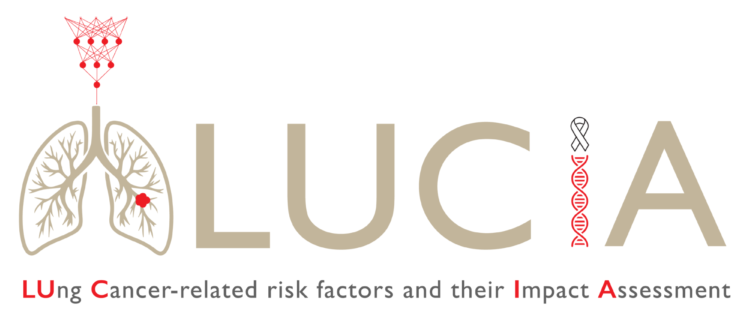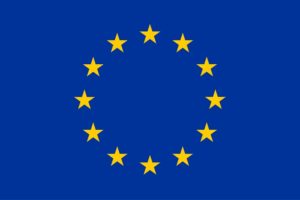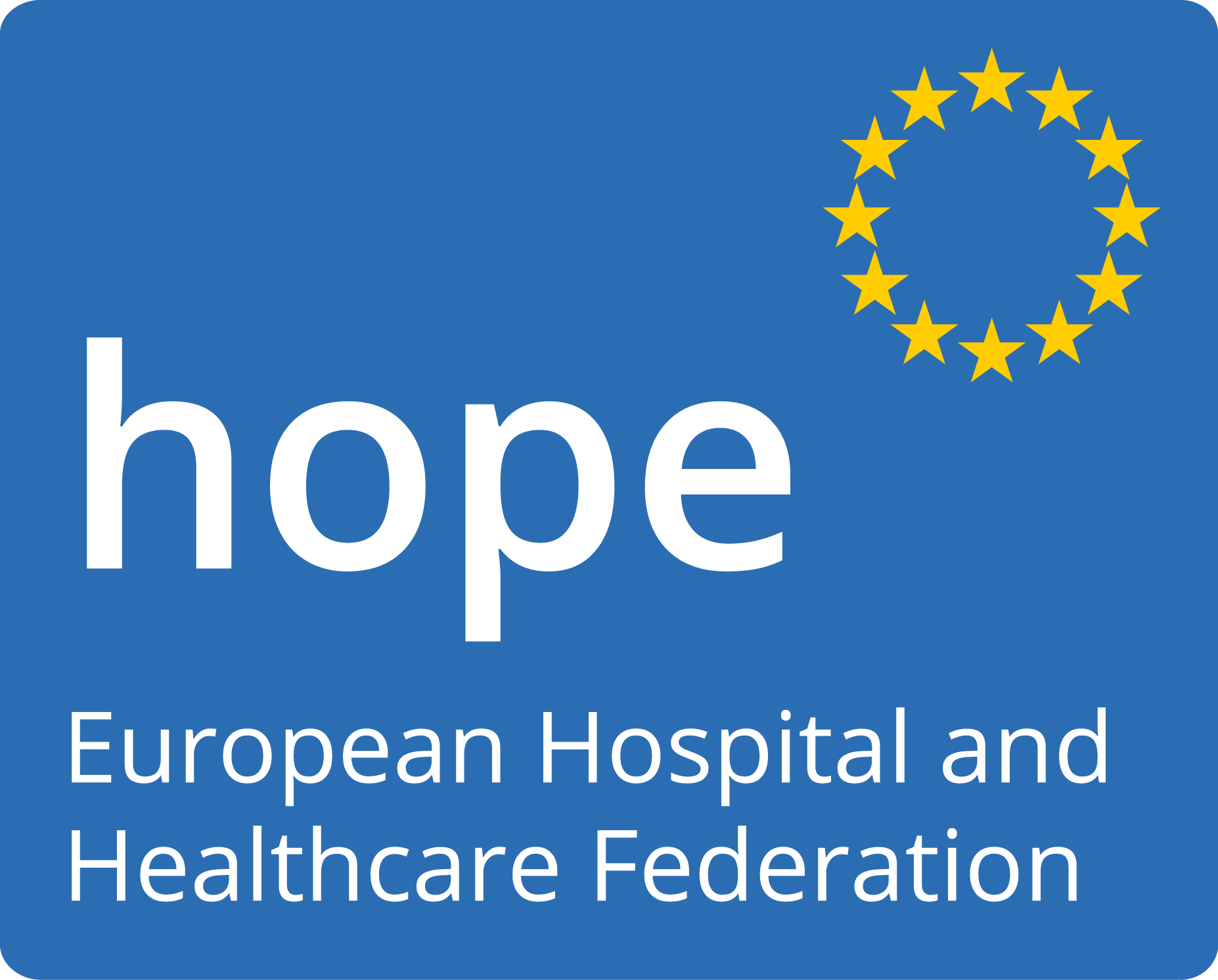
LUCIA – LUng Cancer-related risk factors and their Impact Assessment
When drafting and approving the current EU Framework for Research and Innovation, Horizon Europe, the European Commission introduced a new funding stream: 5 missions to find “concrete solutions to some of our greatest challenges,” and deliver tangible results by 2030.
In the case of lung cancer (LC), early detection can help reduce mortality by shifting the focus away from the late-stage, largely incurable profile of the disease to the early stage when more options are available to improve patients’ outcomes and quality of life. However, current methods, like Low-Dose Computed Tomography (LDCT), are not administered with sufficient precision. This is due in part to an incomplete picture of the risk factors and cellular processes associated with the onset and prognosis of lung cancer. While the high-risk link between tobacco smoking and LC has long been established, we know less about other contributing factors connected to increasing age, indoor and outdoor pollutants, multi-morbidities, genes, and differences in biological pathways.
From 2023 to 2027, LUCIA will work to contribute to the EU Mission Cancer along with other projects and researchers across Europe. We will focus on the risks associated with developing Lung Cancer and its subtypes, as well as the methods best suited for prompt diagnoses.
The approach includes:
- using data health, lifestyle, and environment data from medical records, biobanks, and from large-scale epidemiological and clinical studies;
- using AI, imagine, and wearables, among other technologies, to investigate the impact and interplay between genetic predispositions, lifestyle factors, and environmental stressors in the development of lung cancer;
- investigating cellular pathways adjusted to lung cancer subtypes;
- developing Value-Based Care Models to provide data-driven recommendations to guide screening recommendations; and
- contributing to the creation of new guidelines that identify evidence-backed risk factors.
LUCIA’s 22-member consortium is led by Technion University (Israel). It includes partners from across Europe specialising in lung cancer research, diagnostic technologies, AI ethics and legal frameworks, and EU policy. In addition, four implementing hospitals from Belgium (Walloon region), Latvia, and Spain (Andalusia and Basque regions), will be involved.
HOPE is leading work package 6, which oversees the LUCIA’s communication and dissemination activities, as well as the project’s potential contributions.
Be sure to follow us on LinkedIn, Twitter, and Instagram to learn more about our research and findings over the next four years!
Read more and discover LUCIA website.

This project has received funding from the European Union’s Horizon Europe research and innovation programme under grant agreement no. 101096473.
